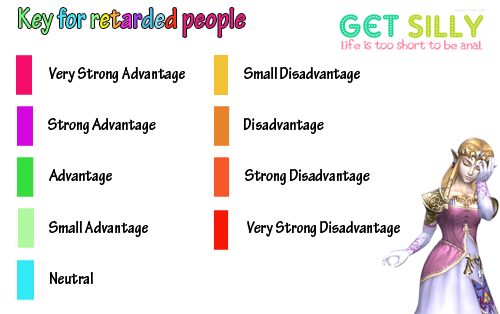...
No.
When you talk about "mindgames potential" you're not talking about execution at all. It's the OPTIONS that a character has, and how easy or difficult it is in a given situation to "predict accurately" what will counter your opponent's actions.
This has nothing to do with how a player thinks, and everything to do with move safety, how the moves cancel, range, priority, how damaging a "correct" is, how small of a mistake removes advantageous spacing, etc. In other words, the measurable factors in the game.
We can't measure mindgames themselves, but we can measure how easily a move you choose will counter a move your opponent uses if randomly chosen with weighting.
We can measure how large or small the spacing that needs to be maintained for it to remain advantagious (and therefore, how small a mistake is needed to lose it).
We can measure how much punishment occurs if a mistake is made.
For a simplistic example of one of those factors, assume that a character has 4 safe on block options against an opponent and they're too fast to spotdodge on reaction. Now assume that the opponent has 4 options to counter, each beats out 1 of the initial character's options and altogether they beat out all 4 options collectively. None can be done on reaction, they're all too slow, so what are the odds, purely randomly, that the opponent will pick the right choice (assuming his timing is perfect)? 1/4.
Now, if the spread is 1/3, isn't that better for the opponent. Or how about one option that beats all of the initial character's options.
Then of course, we get issues of timing, baiting, ect, but a character's options are measurable in a giving situation in all respects. That's what "mindgames potential" is. Options when understood as a matter of raw chance, and risk/reward. If your character has better "mindgames potential" it's easier to mindgame the opponent inherently with that character.
Does that mean you can't mindgame people when using a character with lower mindgames potential? No, it's just harder/less effective.
edit:
I guess as another example, Snake vs. MK.
MK safely outranges every safe move Snake has on the ground with dtilt. However, the margin of error for his spacing is very small, otherwise he's in range to get hit by a dropped grenade's explosion. Also, Snake requires a lot less damage to kill MK straight out, so punishment is more effective for Snake. Tiny mistake, significant punishment (in other words being in an unsafe range).
The match-up still isn't even IMO, but anyone who doesn't say that the fact that the margin of error is small and failure is very significant does not factor into the match-up is crazy.



